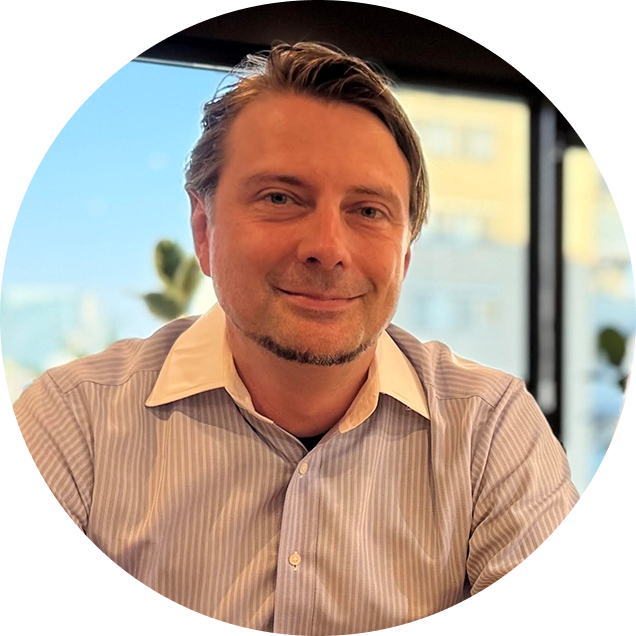
An unmentionable issue affecting millions
Incontinence is one of the most prevalent yet underdiscussed medical conditions worldwide. While not life-threatening, it has a devastating impact on quality of life, often leaving patients isolated, embarrassed, and unwilling to seek help. In countries with ageing populations, the scale of the issue is striking. In Japan, for example, the number of adults using diapers has now surpassed the number of babies, and the total volume of adult diapers is projected to exceed that of infant diapers. Similar trends are emerging in South Korea, China, and across Europe and North America.
Despite this vast and growing need, innovation in treatment has been minimal. Of all global therapeutic products in development, just 1.3% address gastrointestinal disorders – and only 16% of those focus on incontinence. Current treatment options are limited, ranging from lifestyle adjustments and pelvic floor exercises to invasive surgical interventions such as sphincteroplasty or sacral neuromodulation (pacemaker implants). These approaches are either ineffective for many patients, highly invasive, or carry significant side effects. As a result, a large proportion of patients either abandon treatment or never seek care at all.
A minimally invasive, regenerative alternative
Current treatments for incontinence range from lifestyle adjustments and physiotherapy to invasive surgeries such as sphincteroplasty or permanent implants like sacral neuromodulation devices. These options are often painful, carry high risks, or offer only temporary relief. Many patients ultimately stop seeking care, resigning themselves to isolation and a reduced quality of life.
Innovacell’s solution offers a breakthrough alternative. By harvesting a patient’s muscle tissue, isolating its satellite cells, differentiating them into skeletal myoblasts. then re-injecting them into the anal sphincter in a simple outpatient procedure, the therapy helps regenerate and strengthen weakened muscles. The process requires only a series of small injections – avoiding scalpels, implants, or permanent devices.
This minimally invasive, regenerative approach restores muscle function, reduces symptoms, and gives patients the chance to regain confidence and independence, without the burdens of surgery.
Finding the right partner for global impact
When seeking investment partners, Innovacell was focused on finding long-term, strategic backers who shared its vision for patient impact. Happiness Capital, an evergreen venture capital fund, provided not only financial support but also expertise in shaping the company’s growth strategy.
The evergreen model was particularly valuable, ensuring that Innovacell could count on sustained investor support through the long timelines of biotech development, without the pressure of forced exits. In addition, Happiness Capital’s global profile as a non-Japanese investor brought significant credibility, strengthening Innovacell’s ability to attract further institutional interest and preparing the company for a future IPO.
On track to become a global leader in cell therapy
Innovacell recently closed a ¥7.3 billion (approximately $50 million) investment round – the largest private biotech financing in Japan in the last 35 years. This milestone provides the resources to advance the company’s clinical programs at full speed for the next 24 months.
Key priorities include:
- Advancing ICEF15, Innovacell’s lead therapy for urge fecal incontinence, through Phase 3 clinical trials.
- Expanding development into stress urinary incontinence (ICES13), a condition affecting millions of women worldwide.
- Progressing ICEF16, a program targeting passive fecal incontinence caused by smooth muscle dysfunction.
This pipeline positions Innovacell to become a global leader in cell therapies for incontinence – a therapeutic area where patient need is enormous, but medical innovation has historically been neglected. With strong backing from Happiness Capital, Innovacell is now on track to deliver breakthrough solutions that restore dignity, improve quality of life, and set new standards in women’s health and elderly care.